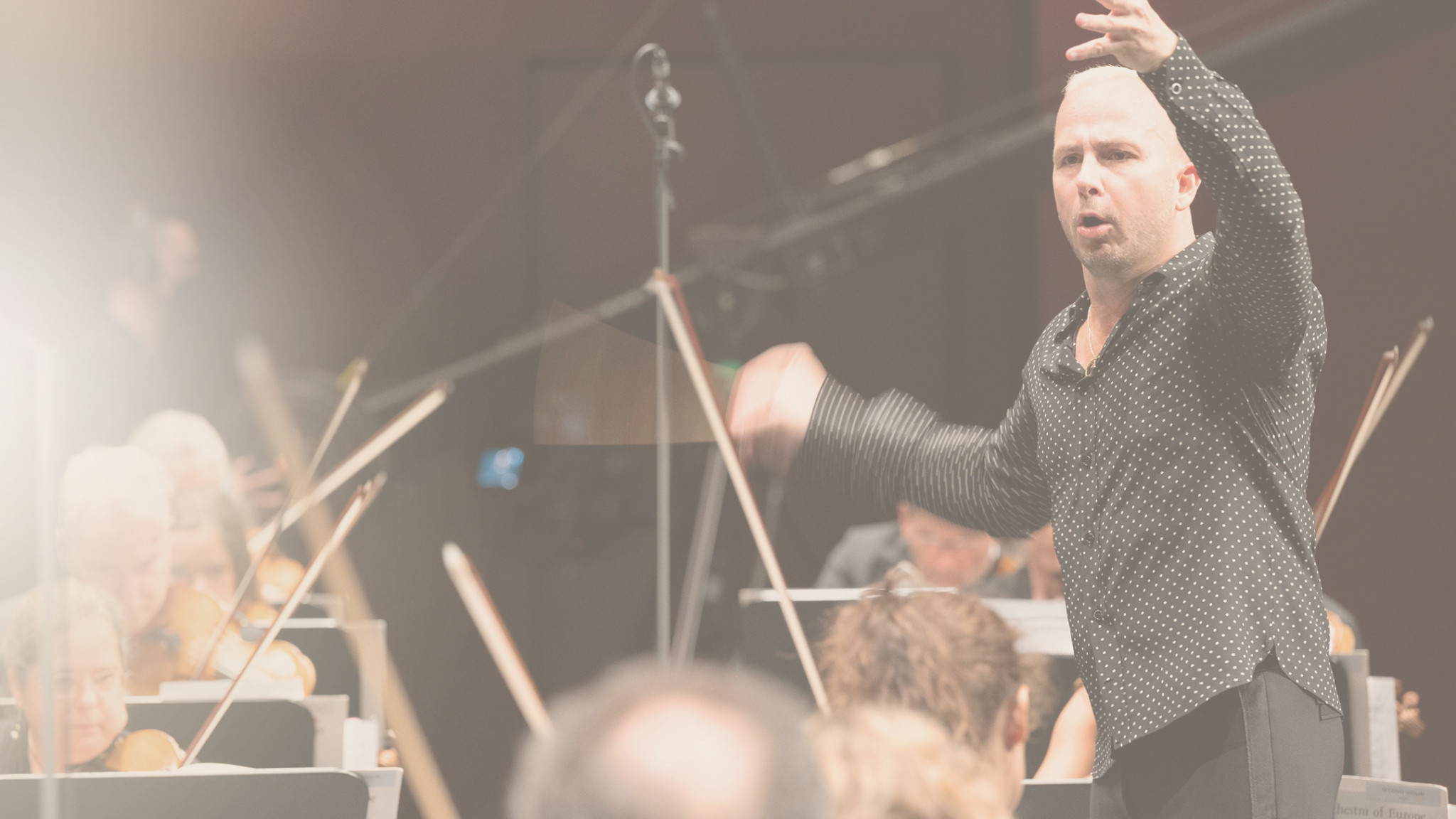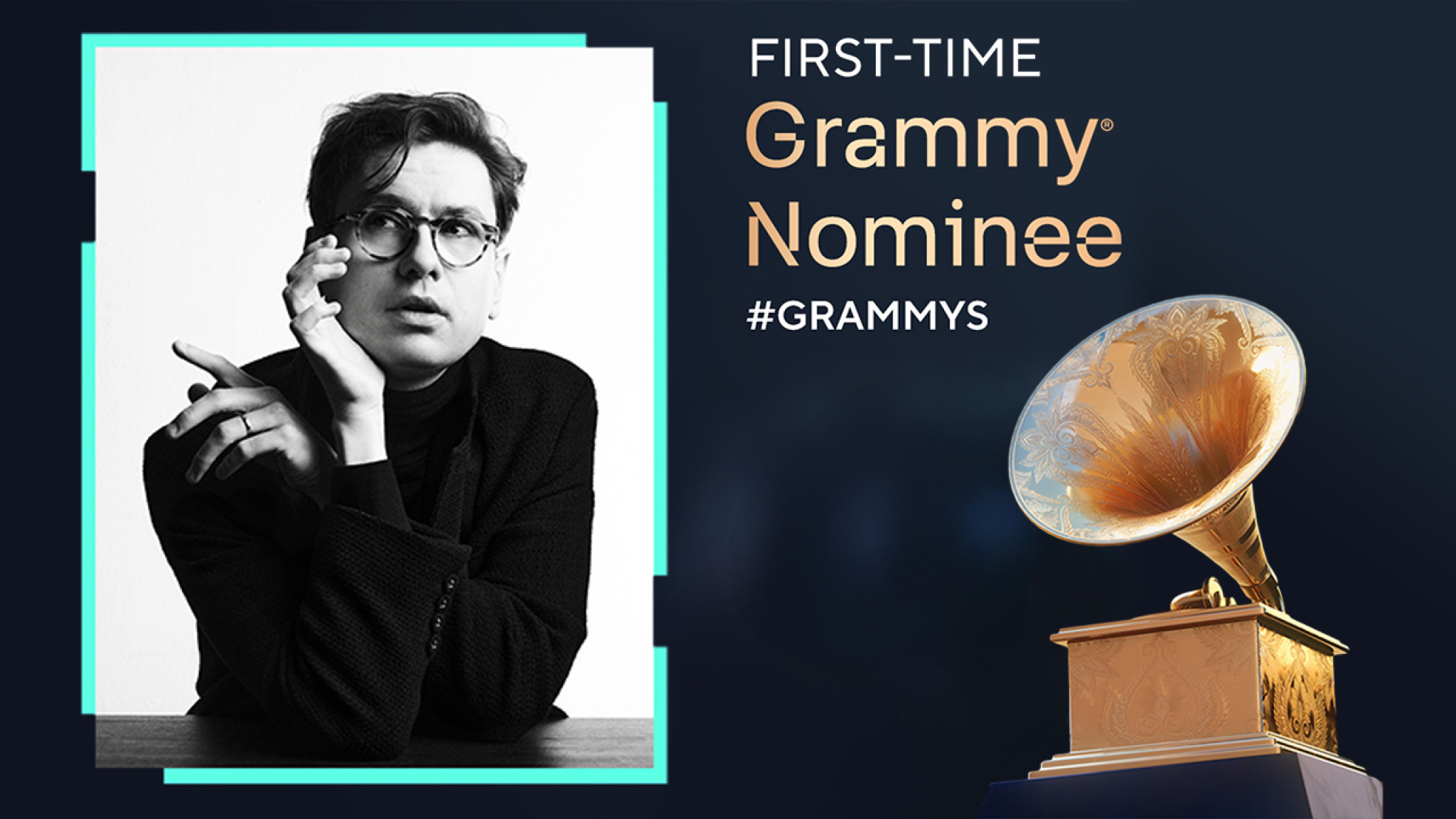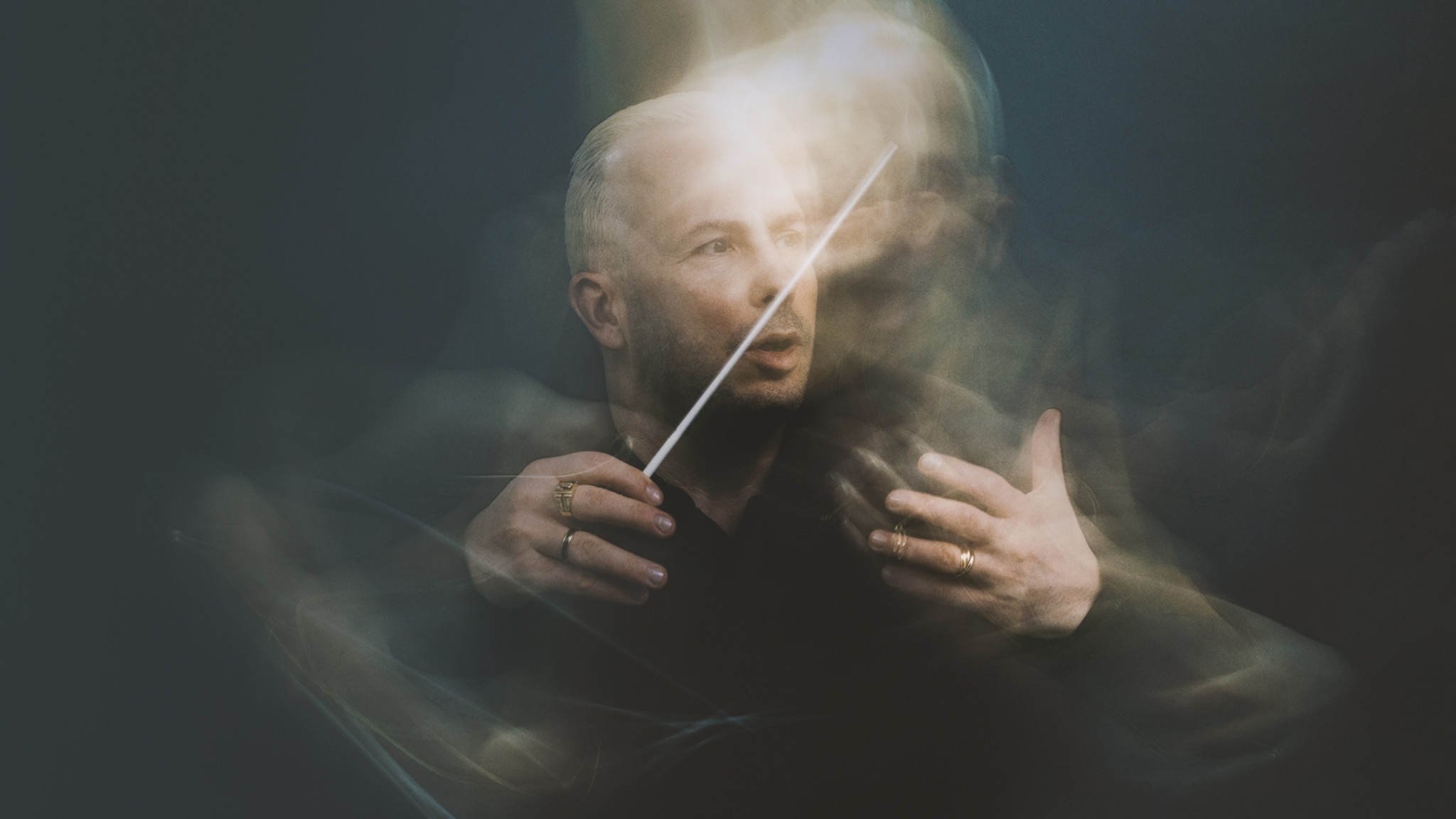Ground-breaking: The new Beethoven Symphony Cycle by Yannick Nézet-Séguin and the Chamber Orchestra of Europe

Yannick Nézet-Séguin and the Chamber Orchestra of Europe present Beethoven’s nine symphonies in what is the very first recorded cycle to be based on the recently concluded New Complete Edition of the composer’s works. “I’m interested in how Beethoven’s music can surprise us today,” says Maestro Nézet-Séguin. “Our interpretation should make the audience feel as if they were hearing this music for the first time. That is my goal.” Set for release by Deutsche Grammophon on 15 July 2022 as a 5‑CD edition, Beethoven: The Symphonies will also be available digitally in standard stereo and in the immersive Dolby Atmos and Spatial Audio formats.
Originally planned as part of the Beethoven 250 celebrations, this project was postponed by the coronavirus pandemic. Its concerts were rescheduled and recorded in July 2021 at the Festspielhaus Baden-Baden, where orchestra and conductor were joined in the Ninth Symphony by soloists Siobhan Stagg, Ekaterina Gubanova, Werner Güra and Florian Boesch and the professional choristers of Laurence Equilbey’s Accentus.
The COE first recorded the Beethoven cycle thirty years ago, producing pioneering work with its first Honorary Member Nikolaus Harnoncourt. Its musicians were delighted to rediscover the symphonies with Nézet-Séguin, also now an Honorary Member of the orchestra. Building on their experience of working together, which dates back to 2008 and has already produced acclaimed DG recordings of the complete symphonies of Schumann and Mendelssohn, Nézet-Séguin and the COE players approached their third composer-led project for the Yellow Label by developing fresh interpretations informed by the recently concluded New Complete Edition of Beethoven’s works.
The scholarly-critical edition replaces decade after decade of editorial clutter with countless details of articulation and expression recovered from multiple original sources. Among the innovations listeners will hear in this recording is the revised and expanded role of the contrabassoon in the Ninth Symphony, a work edited by Dr Beate Angelika Kraus of the Beethoven Archive in Bonn, who has written a fascinating account of certain aspects of the detective work involved in her research for the booklet notes that accompany the recording.
Maestro Nézet-Séguin and the COE’s July 2021 Baden-Baden Beethoven celebration, presented as a mini-festival of four concerts, raised spirits at a time when audiences were finally able to return to the concert hall after multiple lockdowns. Each concert in the belated 250th-birthday tribute to the composer was streamed live and recorded by Deutsche Grammophon, and the cycle as a whole garnered widespread critical praise.
The Frankfurter Allgemeine Zeitung praised the conductor for his “elegant and discreet” Beethoven, and noted that “highly focused communication between conductor and orchestra and beautifully coordinated interplay between the different sections became the hallmark of each of the nine symphonies”. Bachtrack, meanwhile, hailed the “musical intelligence behind Nézet-Séguin’s approach” as he conducted a COE “on superlative form”, with a special mention for their “exuberant, musically thrilling performance” of the Ninth.
Yannick Nézet-Séguin’s Beethoven cycle adds another major landmark to his much-lauded Deutsche Grammophon discography, which began in 2012 with a recording of Mozart’s Don Giovanni that earned rave reviews and prompted Gramophone to describe him as “a superb Mozartian”. Since then, he has recorded five more of the composer’s mature operas – these last in company with the COE, with whom he has also released the aforementioned Mendelssohn and Schumann cycles, Visions of Prokofiev (with Lisa Batiashvili), and Mozart’s Piano Concerto No. 20 (with Seong-Jin Cho). Other highlights include recordings of Rachmaninoff with The Philadelphia Orchestra, of which he is Music Director, and an album of solo piano music, Introspection, released last summer. In April this year, Maestro Nézet-Séguin’s achievements were recognised by the industry’s most prestigious awards when he won his first Grammy (Best Orchestral Performance) for his recording with The Philadelphia Orchestra of Florence Price’s Symphonies Nos. 1 & 3.





